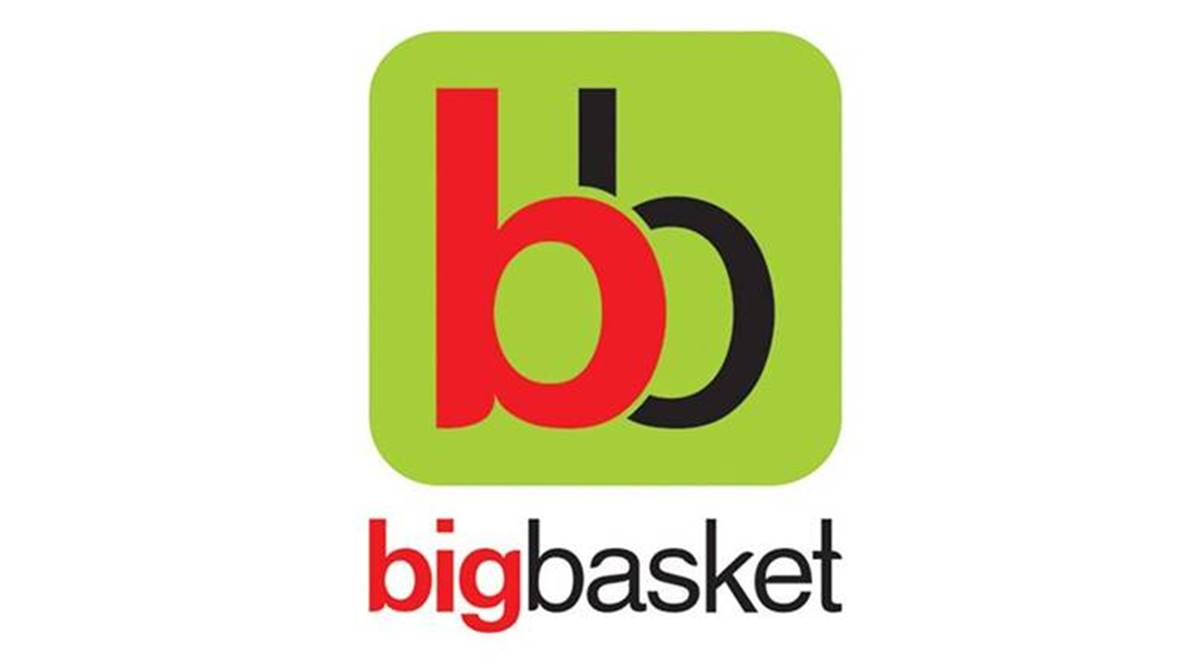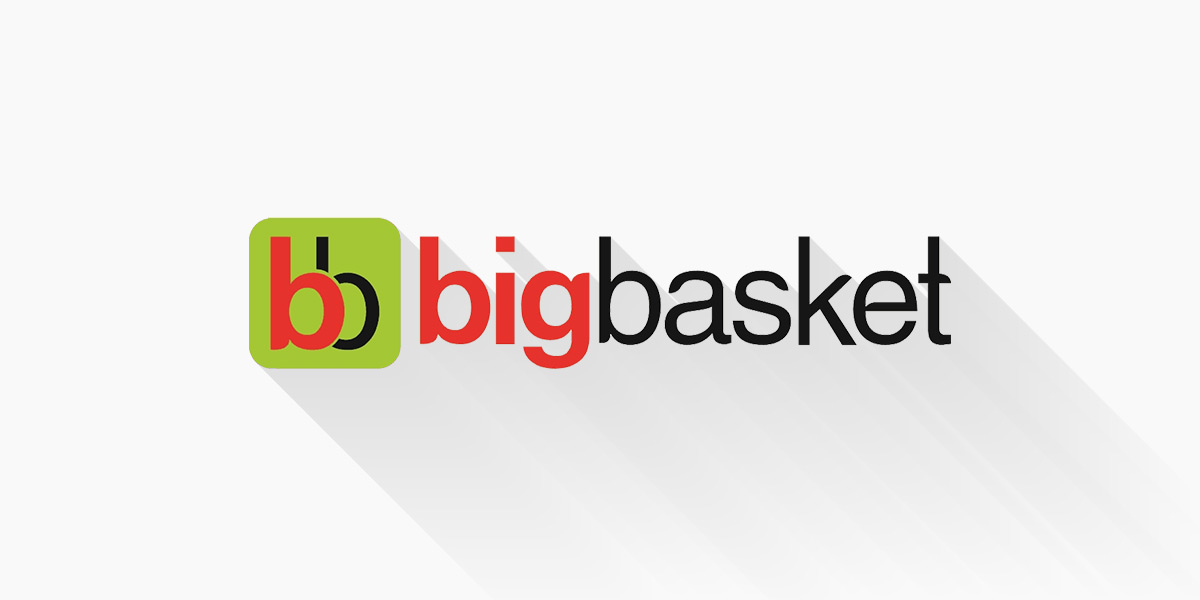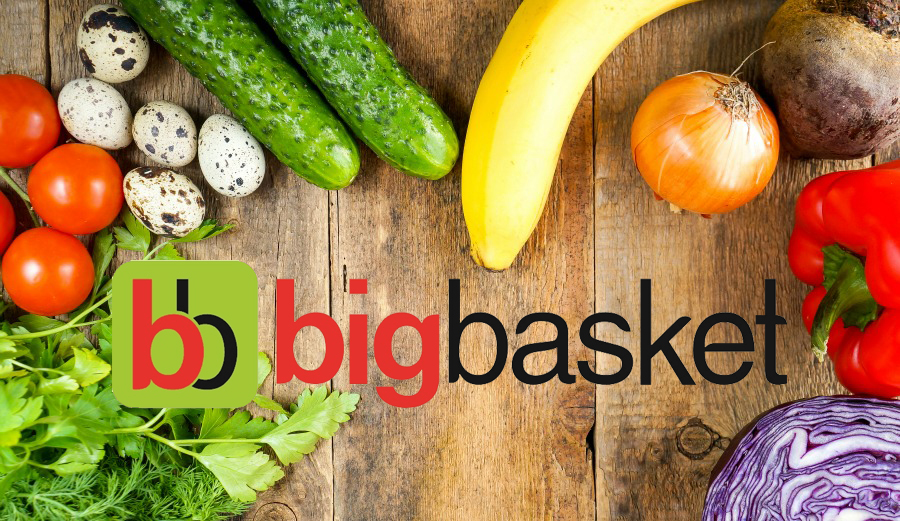BigBasket’s B2C Arm Faces Mounting Losses of Rs 1,535 Crore in FY23, Revenue Remains Stagnant

BigBasket’s B2C Arm Faces Mounting Losses of Rs 1,535 Crore in FY23, Revenue Remains Stagnant
After being acquired by Tata Group, BigBasket’s consumer-facing arm, Innovative Retail, has faced challenges in expanding its scale. In FY22, the e-grocer witnessed a modest growth of 17% in its revenue, which dropped to around 5% in FY23.
Despite its efforts, BigBasket’s losses in its business-to-consumer (B2C) segment skyrocketed by 89% during this period. The increase in losses can be attributed to mounting expenses in advertising, employee costs, and logistics operations. In the following part of this story, we will delve into the details of its expenses and losses. However, before that, let’s focus on analyzing the company’s revenue generation.

According to the annual financial statement filed with the Registrar of Companies (RoC), Innovative Retail Concepts Private Limited, the entity responsible for sales and home delivery of groceries for BigBasket’s business-to-consumer unit, experienced a modest growth of 4.8% in its scale. Its revenue increased from Rs 7,095 crore in FY22 to Rs 7,434 crore in FY23.
The majority of its operating revenue, accounting for 97%, was generated from the collection of groceries and household products. This segment witnessed a growth of 4.3%, with revenue reaching Rs 7,175 crore in FY23.
In addition to its core business of selling groceries and household products, Innovative Retail Concepts Private Limited also generates income through advertising on its mobile app and website. In FY23, the revenue from this vertical experienced significant growth, increasing by 32.9% to reach Rs 230 crore.

The company also earned income from licensing, membership fees, and the sale of scrap, collectively amounting to Rs 29 crore in the previous fiscal year (FY22).
The cost of procurement of goods was the largest expense for Innovative Retail Concepts Private Limited, constituting 66.3% of the total cost. In FY23, this cost increased by 2.4% to reach Rs 5,969 crore, reflecting the growth in the scale of operations.
Employee benefit spending also saw a significant surge, increasing by 24% to Rs 916 crore in FY23, indicating the company’s investment in its workforce.
Additionally, the advertisement cost of the company doubled, reaching Rs 385 crore in the preceding fiscal year (FY22), indicating increased marketing efforts to promote the business.

In addition to the procurement, employee benefit, and advertisement costs, Innovative Retail Concepts Private Limited incurred significant expenses on logistics and contract costs. The company spent Rs 682 crore on logistics (transportation) and Rs 165 crore on contract costs in FY23. These expenses contributed to an overall increase in costs by 13.5%, reaching Rs 8,998 crore in FY23 compared to Rs 7,929 crore in FY22.
During FY23, BigBasket’s B2C unit experienced slow growth and faced significant cash burn, resulting in a substantial increase in losses. The company reported losses of Rs 1,535 crore, marking an 89% spike compared to the previous fiscal year. Its return on capital employed (ROCE) and EBITDA margin stood at -188.49% and -15.41%, respectively. The unit spent Rs 1.21 to earn a unit of operating revenue in FY23, indicating a negative operating margin.
The continuous losses incurred by BigBasket’s B2C unit, along with the slow growth in its topline, could be a cause for concern for the Tata Group. Despite intense competition in the market, with several players vying for a share, BigBasket lacks a clear differentiation, especially when pitted against industry giants like Flipkart and Amazon. While the company has developed in-store brands like BB Royal, it is challenging to assess their impact without specific sales data. The path to profitability remains uncertain in a value-conscious market like India.

However, there might be some relief from BigBasket’s B2B operations, and further analysis will be needed once the numbers are filed in that segment. The market is highly competitive, and success in this space requires strategic planning and differentiation to capture market share. BigBasket will need to navigate these challenges and find its unique value proposition to thrive in the cutthroat grocery industry.
It is evident that there are no shortcuts to success in this market, and BigBasket’s journey toward profitability will require careful evaluation of its business strategies and continuous adaptation to market dynamics. In summary, BigBasket’s B2C unit has experienced sluggish growth and significant losses in FY23, raising concerns for the Tata Group.
The company faces tough competition in the crowded grocery market and lacks a clear differentiation, hindering its path to profitability. While its B2B operations may provide some relief, the challenges of the market require strategic planning and differentiation. BigBasket will need to find its unique value proposition to navigate these hurdles and achieve sustainable growth.




